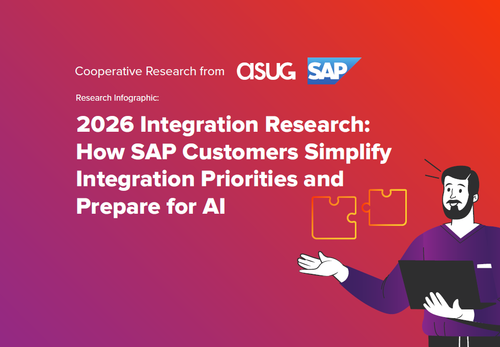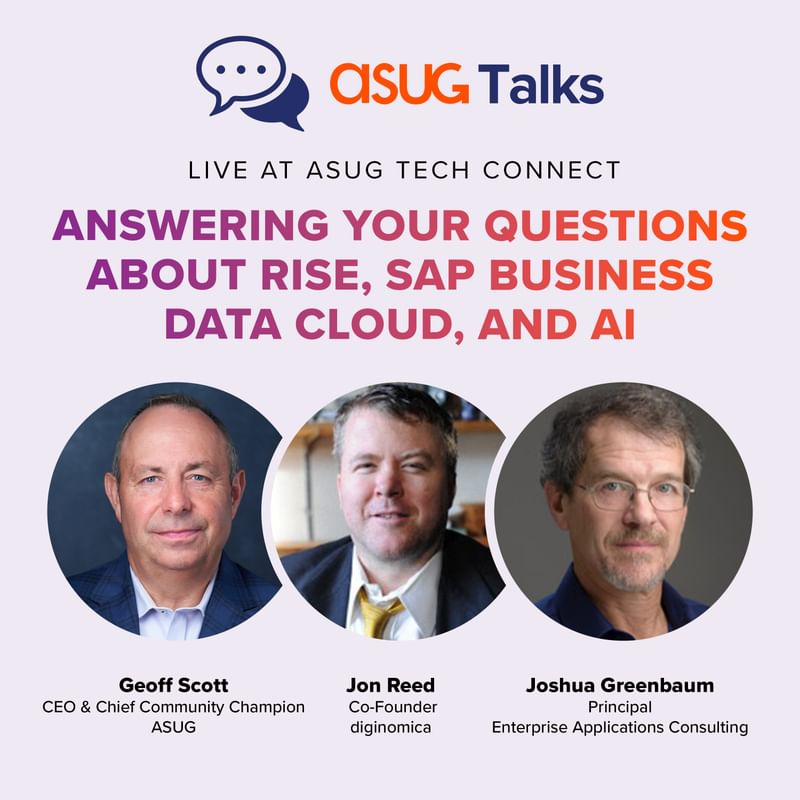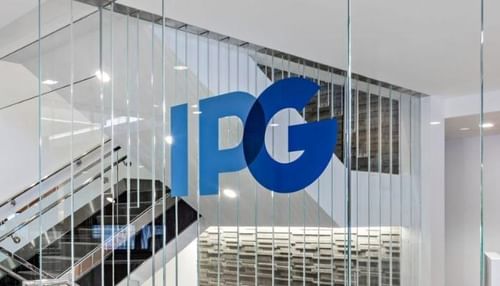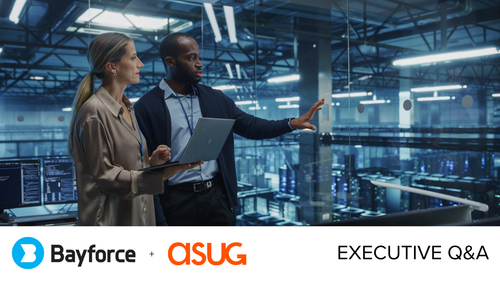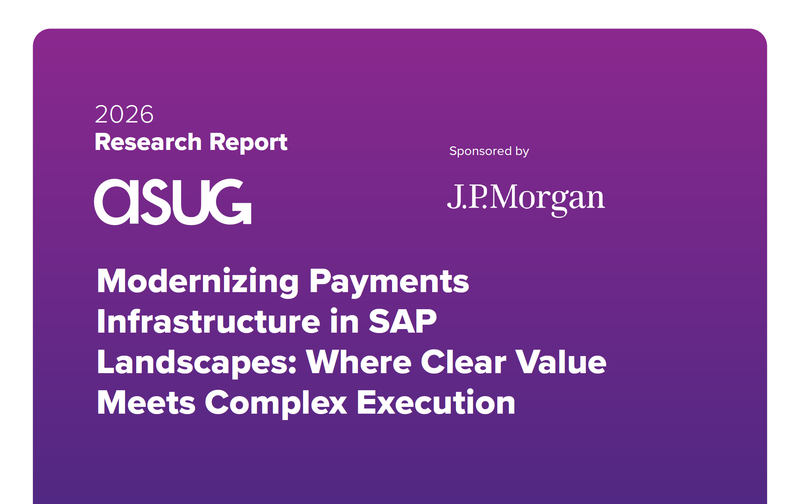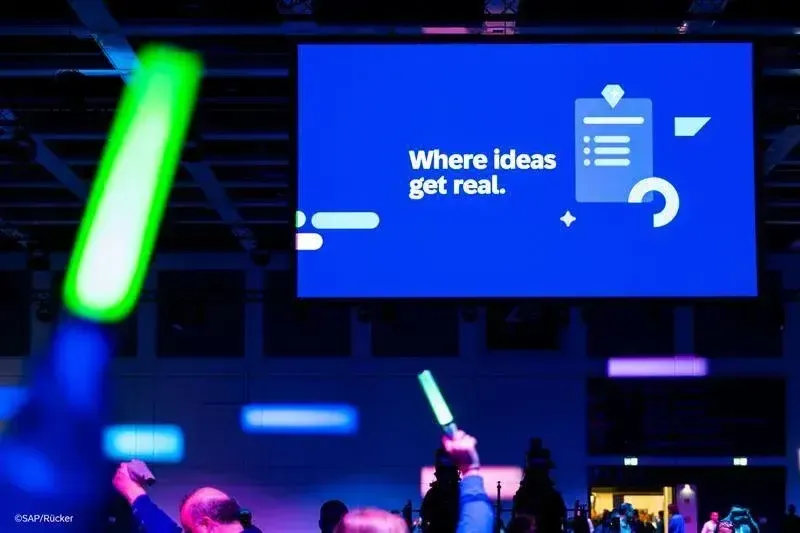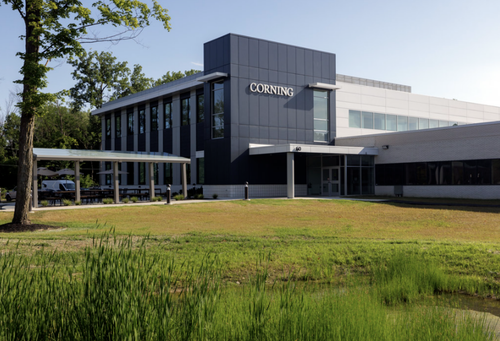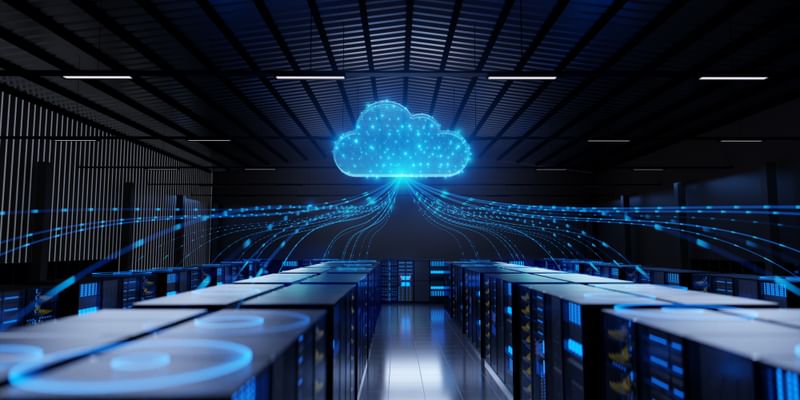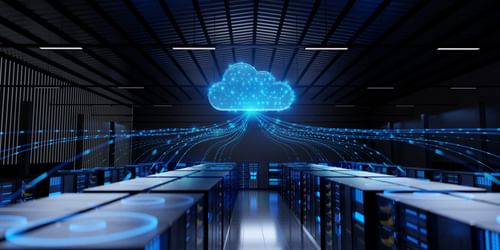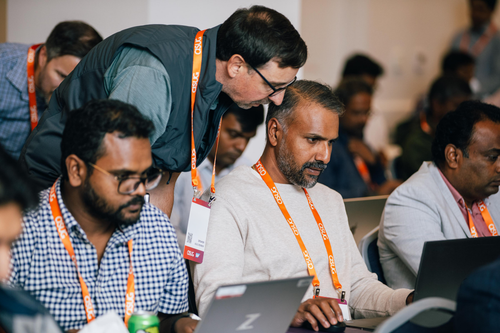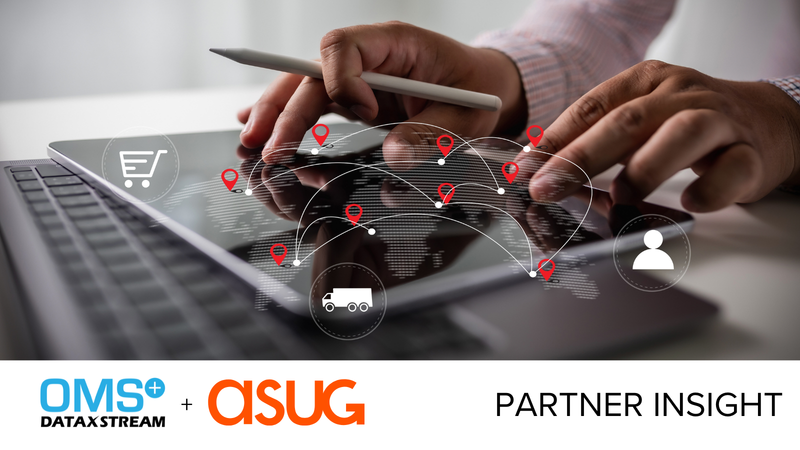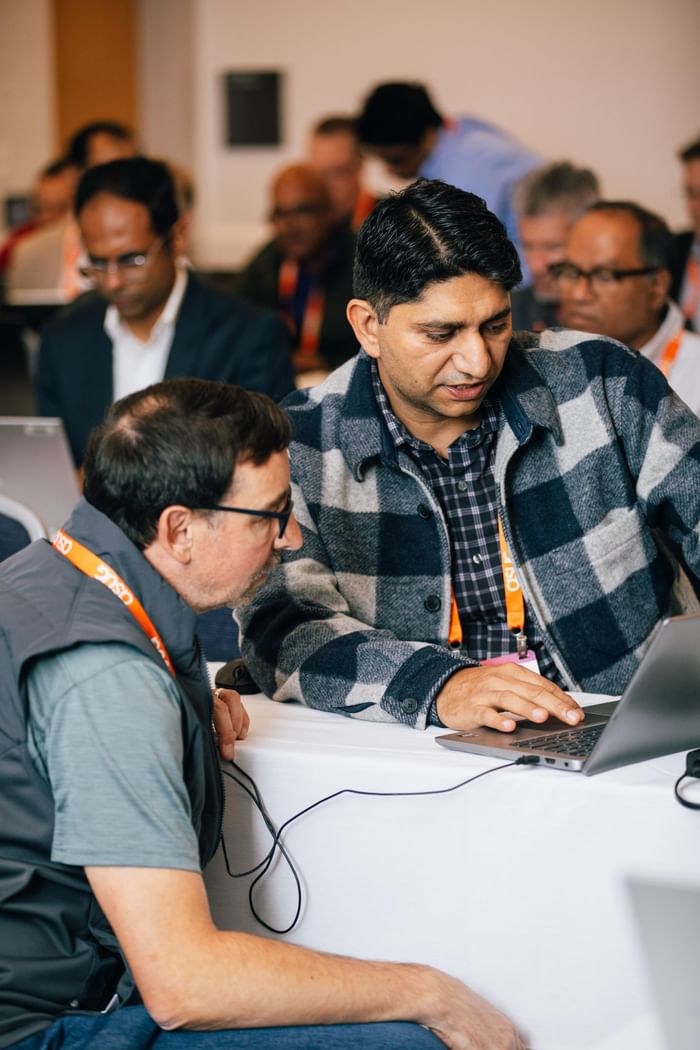Log in to save this article and keep your favorite resources in one place.

This content is exclusively for ASUG members
Log in to access the full article and explore more resources curated for the ASUG community.
Earlier this year, SAP unveiled its industry cloud, which is an open platform for industry-specific cloud solutions aimed at providing customers with the ability to digitize and automate operations while optimizing, extending, and transforming core business processes. Working in tandem with its partners, SAP is developing solutions to integrate with the intelligent suite and help drive value and efficiency.
ASUG sat down with Sana Salam, CEO and founder of Sodales Solutions, a software company that has worked with SAP to develop a suite of solutions for engaging with employees and ensuring their safety. Salam walked through how Sodales Solutions is partnering with SAP's industry cloud, and how it will continue to innovate its products moving forward.
Jim: Can you tell us about your background and how it has helped you as you've developed solutions for SAP's industry cloud?
Sana: I am the founder and CEO of Sodales Solutions. We are a 100% bootstrapped company, and that’s very important to mention because we actually started this company without any initial investments or funding, and we grew it organically, including product development. Prior to starting Sodales, I was working in the corporate world for very large companies. My role was to turn around projects that were failing and had maybe two or three weeks left before they were shut down. These were multi-million-dollar investments in IT.
You Might Be Interested In
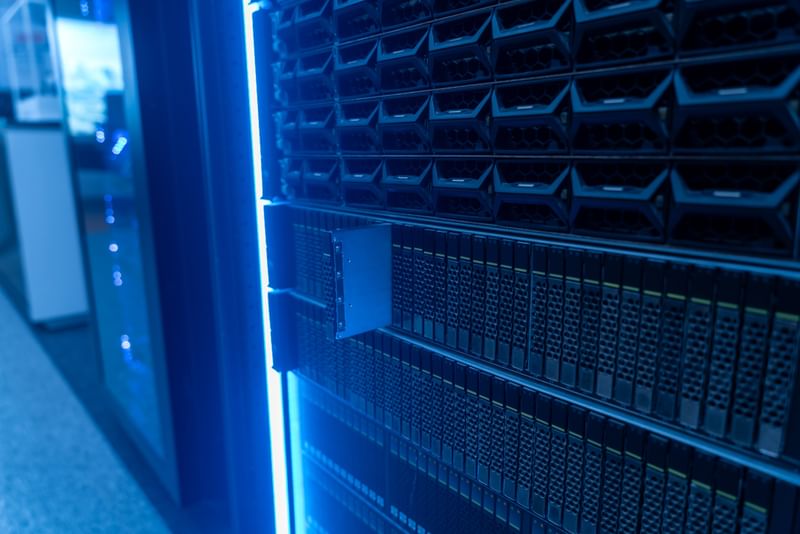
Log in to save this article and keep your favorite resources in one place.

Log in to save this article and keep your favorite resources in one place.
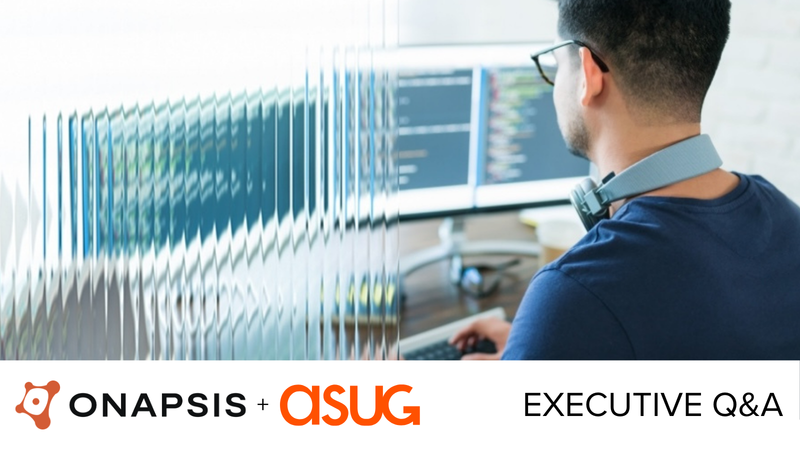
Log in to save this article and keep your favorite resources in one place.

Log in to save this article and keep your favorite resources in one place.
This content is exclusively for ASUG members
Log in to access the full article and explore more resources curated for the ASUG community.
